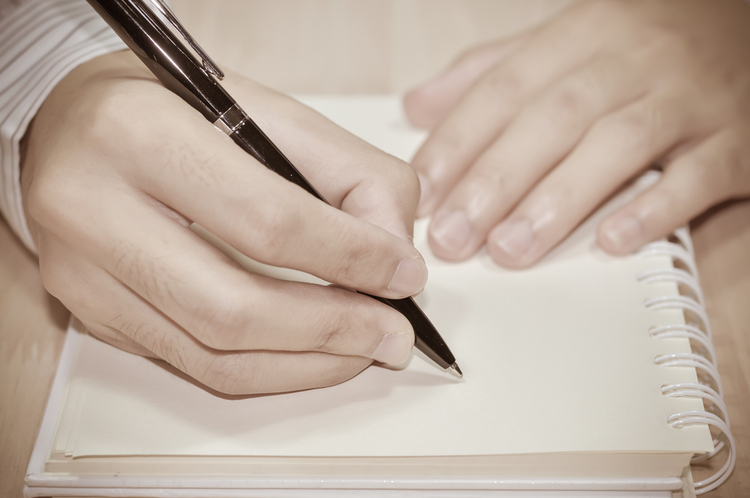
Reporting an Incident

Teaching can be a challenging job at times but when lessons go according to plan, it is also a very rewarding job. In the perfect learning environment, both pupil and the teacher enjoy a richer, more productive learning experience. But sadly, the reality is, it isn’t always plain sailing. Incidents occur in the classroom that are disruptive, upsetting to the teacher, and all the students who witness, are involved, or who are affected by the incident.
Some teachers have the natural ability to walk into any classroom and command the pupils’ attention and respect almost immediately. The students fall silent, sit up straight in their chairs and look as though they are there to learn. This is of course every teacher’s dream scenario, but the truth is sometimes very different. Events happen and we have a situation on our hands that involves the need for intervention, reporting, and some form of mediation and corrective or preventative actions.
And the starting point of this process will be a first hand report of the incident: an important document produced by the teacher, invariably the lone adult witness to the incident. For this reason it is vital the report is accurate, truthful, and records all the salient facts.
Most schools have a whole-school support policy. This document describes the actions to be taken by the teacher in the event of misbehaviour and is invaluable; particularly for new and inexperienced teachers. For clarity, Head teachers ensure pupils are made aware of the support policy, explaining the implications and procedure regarding disruption and misbehaviour on school premises.
When an incident occurs within the classroom it is the teacher’s responsibility to report on the incident: to describe the incident, the events that occurred, and the people involved. The report must include the facts, rather than hearsay and speculation. Many school incidents involving student behaviour prove to be stressful, emotive events, and writing reports under these circumstances can be difficult. It can result in a poorly written report – one that contains inaccuracies, lacks relevant information and detail.
Initially, following an incident, one needs to take a little time out to allow emotions to settle down. Only then can you begin to put the pieces together of what happened and the sequence of events. The prompts below will help later when preparing your report and should help your powers of re-call.
What behaviour and actions were observed during the incident?
What was actually said by the pupil (s) during the incident?
What did you, the teacher say and do during the incident?
What was the involvement and reactions of the other students at the time of the incident?
When under stress we, almost anyone can use emotive words, and that’s understandable under the circumstances. However, an incident report should be free from inappropriate words, descriptions and terminology, and avoid referring to pupils involved in incidents such as:
Trouble makers, arrogant
Lazy, possessing a bad attitude
Being rude, a bully
Inconsiderate or a racist
A teacher’s role is extremely diverse. We wear a number of hats, and not only of the academic kind. We are providers of knowledge, and play a huge part in the lives of growing children. We as teachers nurture the needs of our maturing adults – academically, socially, culturally – and often emotionally too.
And when the incident report is written, and the matter is resolved, the job of re-building must take place: and here as teachers we must almost display great skills. Skills of reconciliation and diplomacy, allowing and promoting the healing process and the reintegration and return to normalcy.

